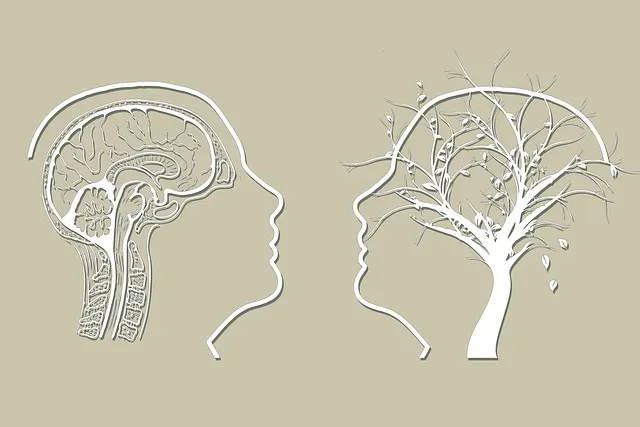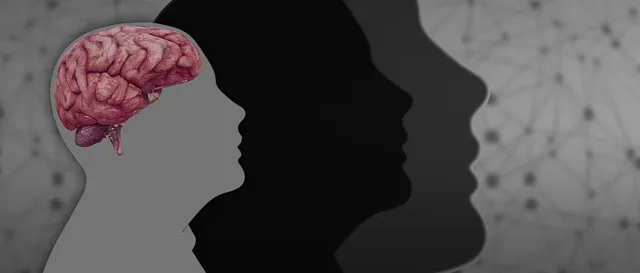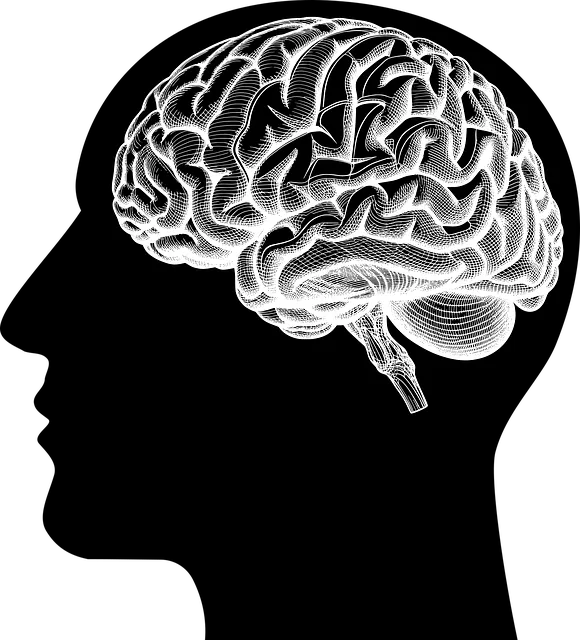The Kaiser Permanente mental health center in Westminster emphasizes emotional intelligence (EI) as a cornerstone of personal growth and improved mental well-being. Through EI, individuals learn to recognize, understand, and manage their emotions while empathizing with others, strengthening relationships, enhancing communication, and resolving conflicts effectively. The center incorporates compassion cultivation practices to build strong therapeutic alliances, enabling professionals to conduct comprehensive risk assessments and mitigate triggers. This holistic approach ensures effective treatment and fosters a culture of care for all, with self-awareness as the key component of emotional intelligence development. Active listening, cultural sensitivity, and positive thinking practices further enhance emotional support for diverse populations.
Emotional intelligence (EI) is a vital component of personal growth, especially in today’s fast-paced world. At the Kaiser Permanente Mental Health Center Westminster, we explore the foundations of EI, starting with self-awareness—the cornerstone for understanding and managing emotions. This article delves into key aspects of building EI, including empathy development and active listening skills, offering insights that can transform personal and professional relationships at the Kaiser Permanente Mental Health Center Westminster and beyond.
- Understanding Emotional Intelligence: A Foundation for Personal Growth at Kaiser Permanente Mental Health Center Westminster
- The Role of Self-Awareness in Enhancing Emotional Intelligence
- Developing Empathy: Connecting with Others on a Deeper Level
- Practicing Active Listening: A Key Skill for Effective Communication and Emotional Connection
Understanding Emotional Intelligence: A Foundation for Personal Growth at Kaiser Permanente Mental Health Center Westminster

At Kaiser Permanente Mental Health Center Westminster, emotional intelligence (EI) is recognized as a cornerstone for personal growth and improved mental well-being. EI refers to the ability to recognize, understand, and manage one’s own emotions, as well as empathize with and influence others’ feelings. This multifaceted skill set fosters healthier relationships, enhances communication, and promotes effective conflict resolution techniques within the complex landscape of mental health care.
The center incorporates compassion cultivation practices into its programming, emphasizing the role of empathy in building strong therapeutic alliances. By understanding the emotional nuances of both clients and colleagues, mental health professionals can navigate delicate situations with greater ease, performing comprehensive risk assessments to mitigate potential triggers or escalations. This holistic approach ensures that Kaiser Permanente Mental Health Center Westminster provides not just effective treatment, but also fosters a culture of care and support for all involved.
The Role of Self-Awareness in Enhancing Emotional Intelligence

Emotional intelligence (EQ) is a key component to navigating life’s challenges and fostering meaningful connections. At the heart of EQ lies self-awareness, a powerful tool offered by resources like the Kaiser Permanente mental health center in Westminster. Understanding your emotions, strengths, and weaknesses is the first step toward enhancing your overall well-being. By developing self-awareness, individuals can better recognize triggers for stress or anxiety, leading to more effective coping mechanisms and improved mood regulation—all essential elements in preventing depression and burnout.
Moreover, increased self-awareness fosters a confidence boost by enabling individuals to make conscious choices aligned with their values and aspirations. This proactive approach allows people to build resilience and navigate relationships with greater empathy, ultimately enriching both personal and professional lives. Resources like those offered at Kaiser Permanente play a vital role in equipping individuals with the skills needed to enhance emotional intelligence and lead happier, more fulfilling lives.
Developing Empathy: Connecting with Others on a Deeper Level

At the Kaiser Permanente mental health center Westminster, professionals emphasize that developing empathy is a cornerstone in building emotional intelligence. Connecting with others on a deeper level involves actively listening, understanding, and sharing the feelings of others. This skill not only fosters stronger relationships but also plays a significant role in depression prevention. By practicing empathy, individuals can create supportive environments that enhance mental health education programs design, ultimately contributing to effective emotional healing processes.
Through various workshops and activities, the center guides individuals to step into someone else’s shoes, fostering a deeper sense of connection and understanding. This approach is particularly crucial for those seeking to improve their interpersonal interactions, resolve conflicts, and promote overall well-being. By nurturing empathy, one can navigate complex social situations with greater ease, ensuring that their actions are sensitive and supportive, which is essential in any mental health context.
Practicing Active Listening: A Key Skill for Effective Communication and Emotional Connection

In the realm of emotional intelligence building, active listening stands out as a potent tool for enhancing communication and fostering deeper connections. As explored by experts at the Kaiser Permanente mental health center in Westminster, this skill involves not just hearing what someone is saying but truly comprehending their message—emotions, nuances, and all. Practicing active listening means paying attention to both verbal and non-verbal cues, reflecting back what’s been said, and asking clarifying questions. This approach fosters a sense of validation, encouraging individuals to open up about their feelings and experiences.
In the context of mental healthcare, cultural sensitivity plays a significant role alongside active listening. Incorporating positive thinking practices into therapeutic sessions can also enhance emotional intelligence. Moreover, community outreach program implementation helps in bridging gaps and ensuring that services are accessible and tailored to diverse needs, thereby strengthening the emotional support framework for all individuals seeking care, not just those at Kaiser Permanente mental health center Westminster.
Emotional intelligence, as demonstrated through practices at the Kaiser Permanente Mental Health Center Westminster, is a powerful tool for personal growth and connection. By cultivating self-awareness, empathy, and active listening skills, individuals can enhance their relationships, improve communication, and lead more fulfilling lives. Integrating these principles into daily interactions has the potential to revolutionize how we navigate life’s challenges and create meaningful connections, making it an invaluable asset for everyone.






